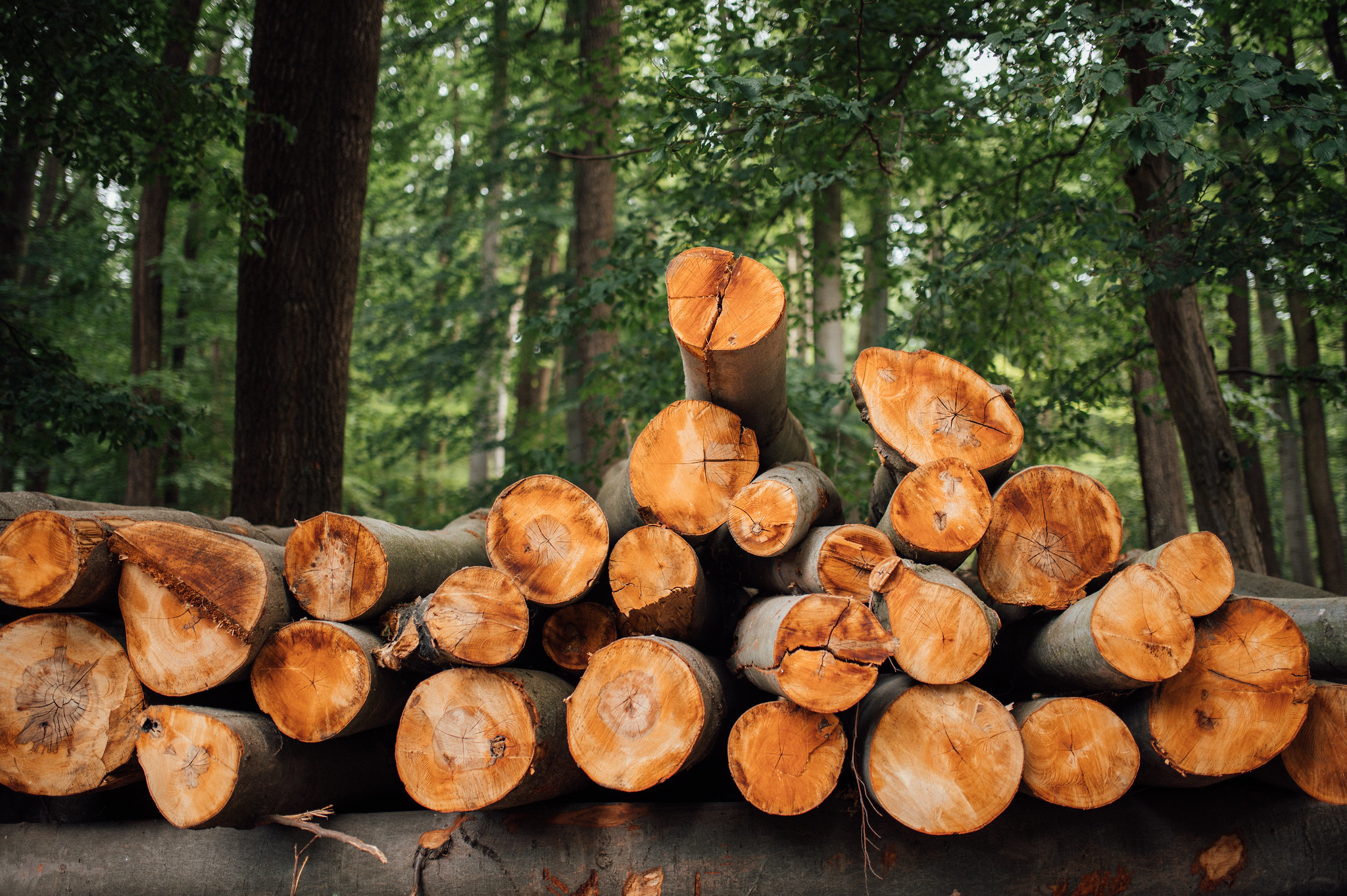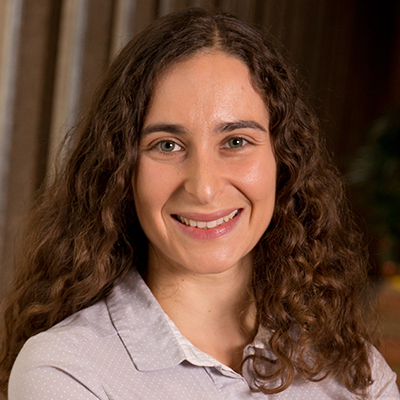
Intern with Environment America in D.C.
Apply today for an internship protecting the environment.
Updated
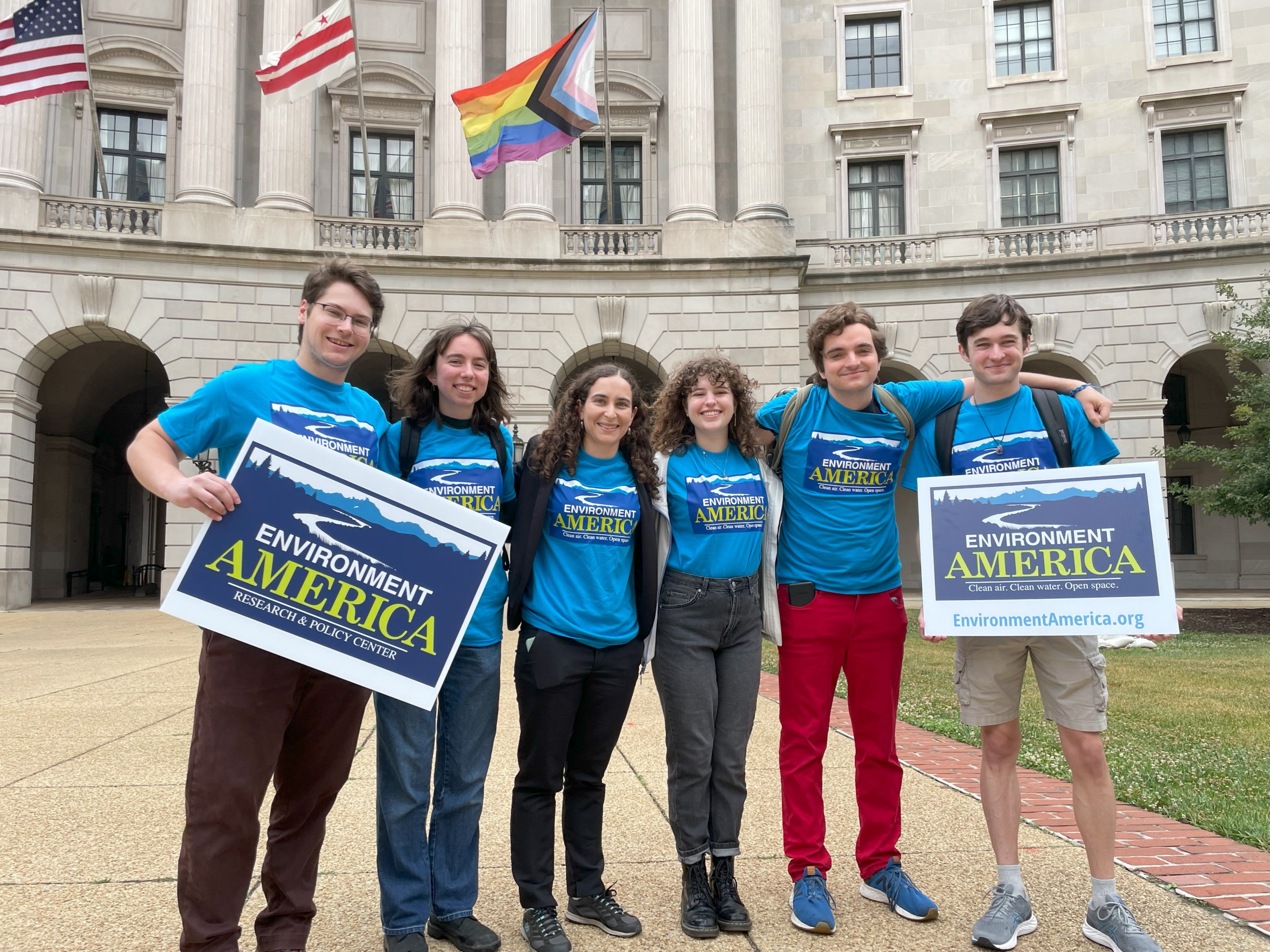
Environment America tackles the most profound problem of our time: a way of living that is destroying the natural world.
We’re advocates for energy conservation and renewable power, so we can keep oil in the ground and stop burning fossil fuels. We’re champions of plastic reduction, so nothing we use for a few minutes is allowed to pollute our oceans for centuries. And we’re defenders of wildlife and wild places, both for their own sake as well as the awe and wonder they bring to our lives.
Environment America’s national network of 30 state environmental groups work to improve our quality of life by reducing the pollution and other harms of how we produce, consume and dispose of more and more stuff. And we do it one step at a time, by winning results for clean air, clean water, clean energy, wildlife, open spaces, and a livable climate that make a tangible difference in people’s lives and our environment.
We’re hiring interns for our federal team. All positions are unpaid and can be in person, hybrid or remote. Apply here today.
As an intern with Environment America:
- You’ll learn how to analyze environmental problems, push for smart solutions, and build the public support it takes to win.
- You’ll work side-by-side with one of our advocates, learning the ropes.
- You’ll learn how to track legislation, lobby members of Congress, and write persuasive letters to the editor, social media posts and web updates on our campaigns.
- And you’ll attend briefings and trainings to learn even more about environmental issues and gain organizing skills.
Our current federal campaigns and projects include:
Microplastic free waters: Plastic fragments have been found in the Great Lakes, the Chesapeake Bay, the deepest parts of the Pacific Ocean and likely in your own local waterways. Some of this microplastic is in the form of “nurdles”– lentil-sized plastic pellets used in plastic manufacturing that are dumped or spilled into waterways by the millions. Ten trillion nurdles now enter our oceans each year, where it’s easy for a bird, fish or turtle to mistake these microplastics for food. We’re working to protect our waterways by passing the Plastic Pellet Free Waters Act.
Save the bees: Bees are dying. The American bumblebee has seen nearly a 90% drop in numbers and has gone missing across eight states. In 2017, the rusty-patched bumblebee became the first bee to be listed as an endangered species, after the number of observed colonies plummeted 87 percent since the late 1990s. That’s bad news for people and the planet, because without bees, we’d lose hillsides filled with wildflowers and many of our favorite foods. When we pave over prairies, mow down native plants and spray pesticides in places that used to be safe for bees, we make it harder for these industrious insects to feed, shelter, mate and survive. The good news: We can create more habitat for bees- a lot more. That’s what we’re working to do through advocacy in D.C. this summer.
Let Trees Grow: The trees that make up our forests are some of the oldest living things on Earth. These forests provide crucial habitat for thousands of species and limitless opportunities for recreation, exploration and wonder. What’s more, our forests absorb and store carbon dioxide, which makes them crucial allies in our race against climate change. Amidst our current biodiversity and climate crisis, the destruction of older forests and trees is the embodiment of a wasteful, short-sighted mentality. We’re urging President Biden to protect the most valuable trees on our federal land from logging.
Clean Energy Champions: The United States is entering a decade of supercharged clean energy growth, following new state and local commitments to renewable energy and the passage of the Inflation Reduction Act. The Clean Energy Champions intern will assist in Environment America’s effort to cultivate 20 new clean energy champions in Congress, including researching and surveying members of Congress, tracking clean energy news, and learning how to write compelling updates for the media, lawmakers and the public about renewable energy.
Topics
Authors
Lisa Frank
Executive Director, Washington Legislative Office, Environment America; Vice President and D.C. Director, The Public Interest Network
Lisa directs strategy and staff for Environment America's federal campaigns. She also oversees The Public Interest Network's Washington, D.C., office and operations. She has won millions of dollars in investments in walking, biking and transit, and has helped develop strategic campaigns to protect America's oceans, forests and public lands from drilling, logging and road-building. Lisa is an Oregonian transplant in Washington, D.C., where she loves hiking, running, biking, and cooking for friends and family.
Find Out More
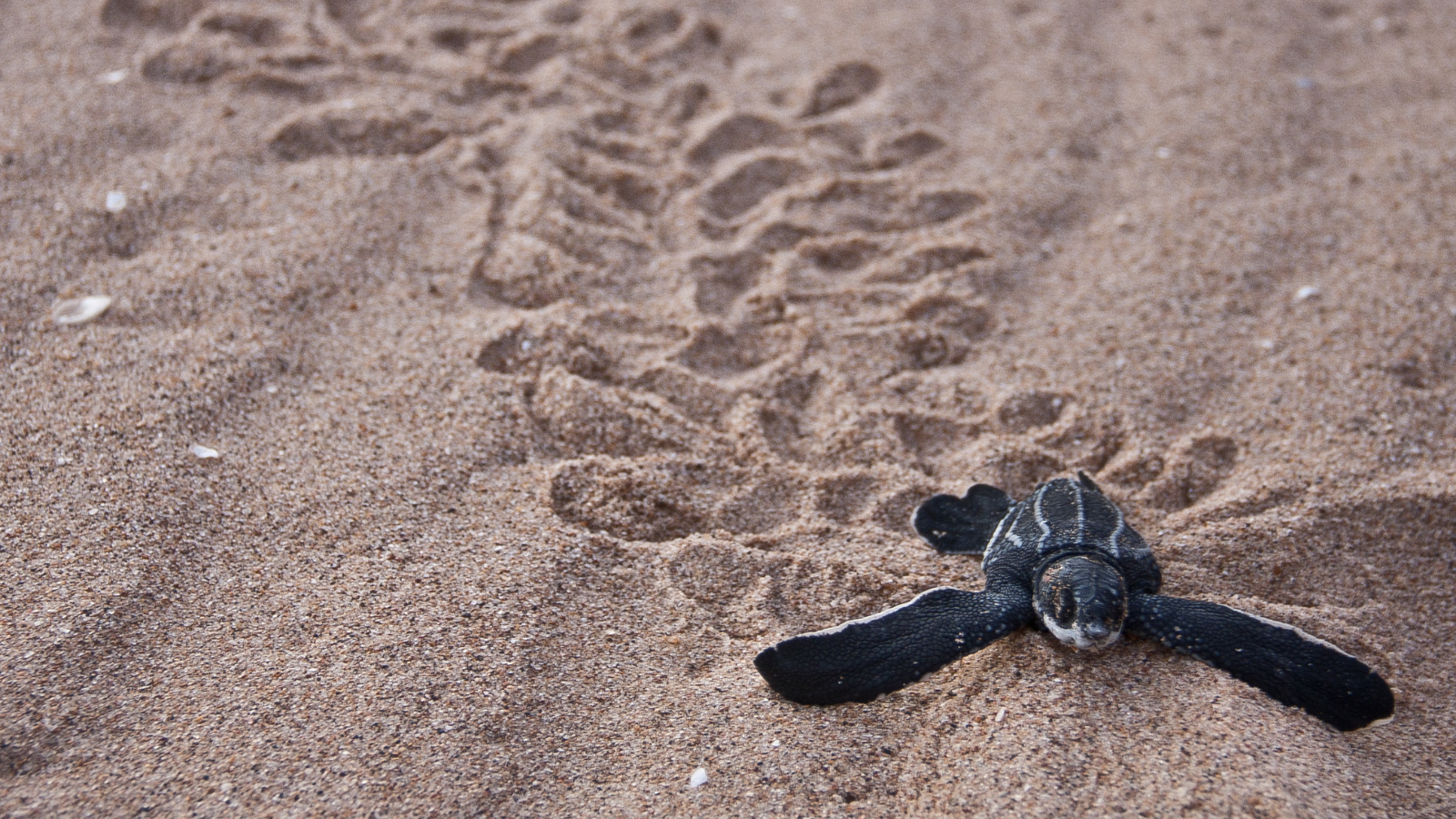
Where in the world do leatherback turtles go?
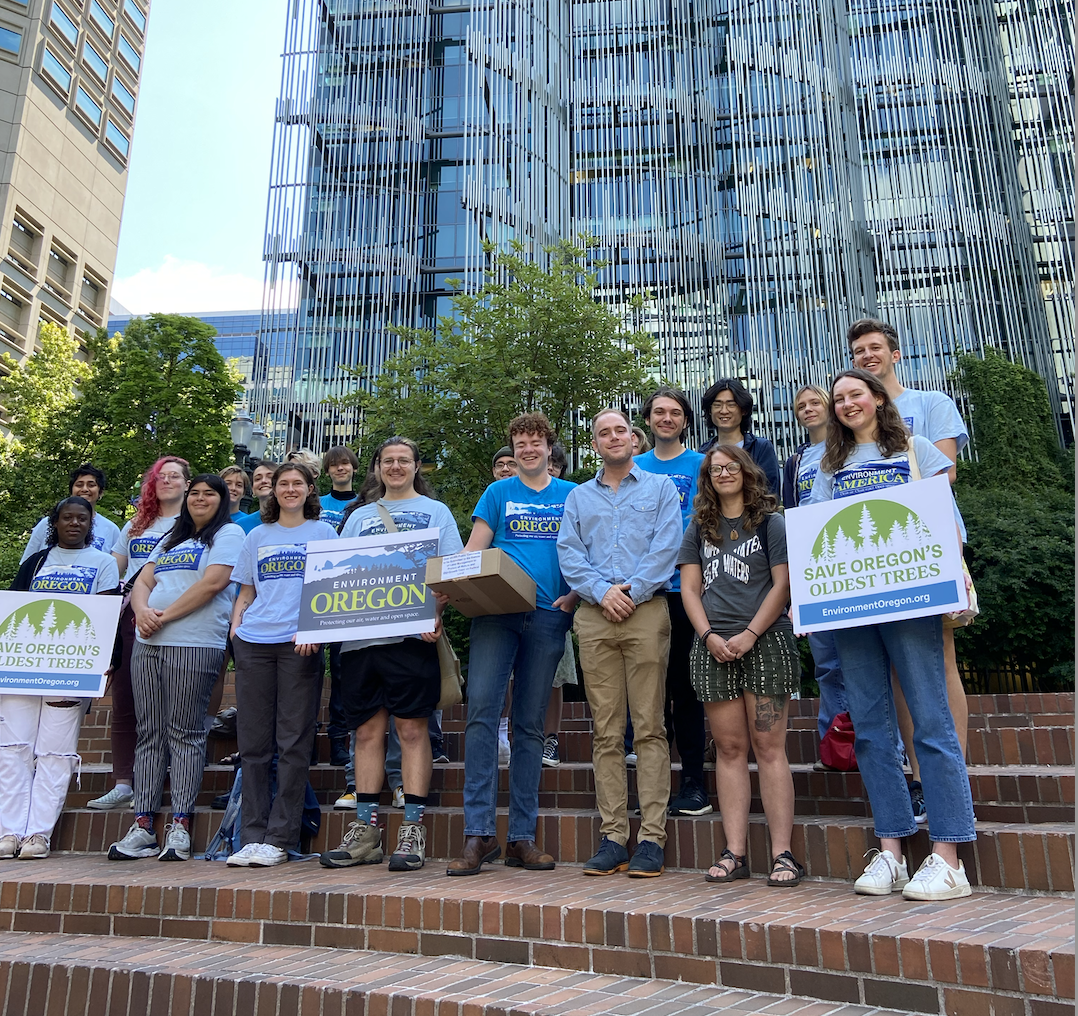
We’re hiring interns who envision a cleaner, greener world
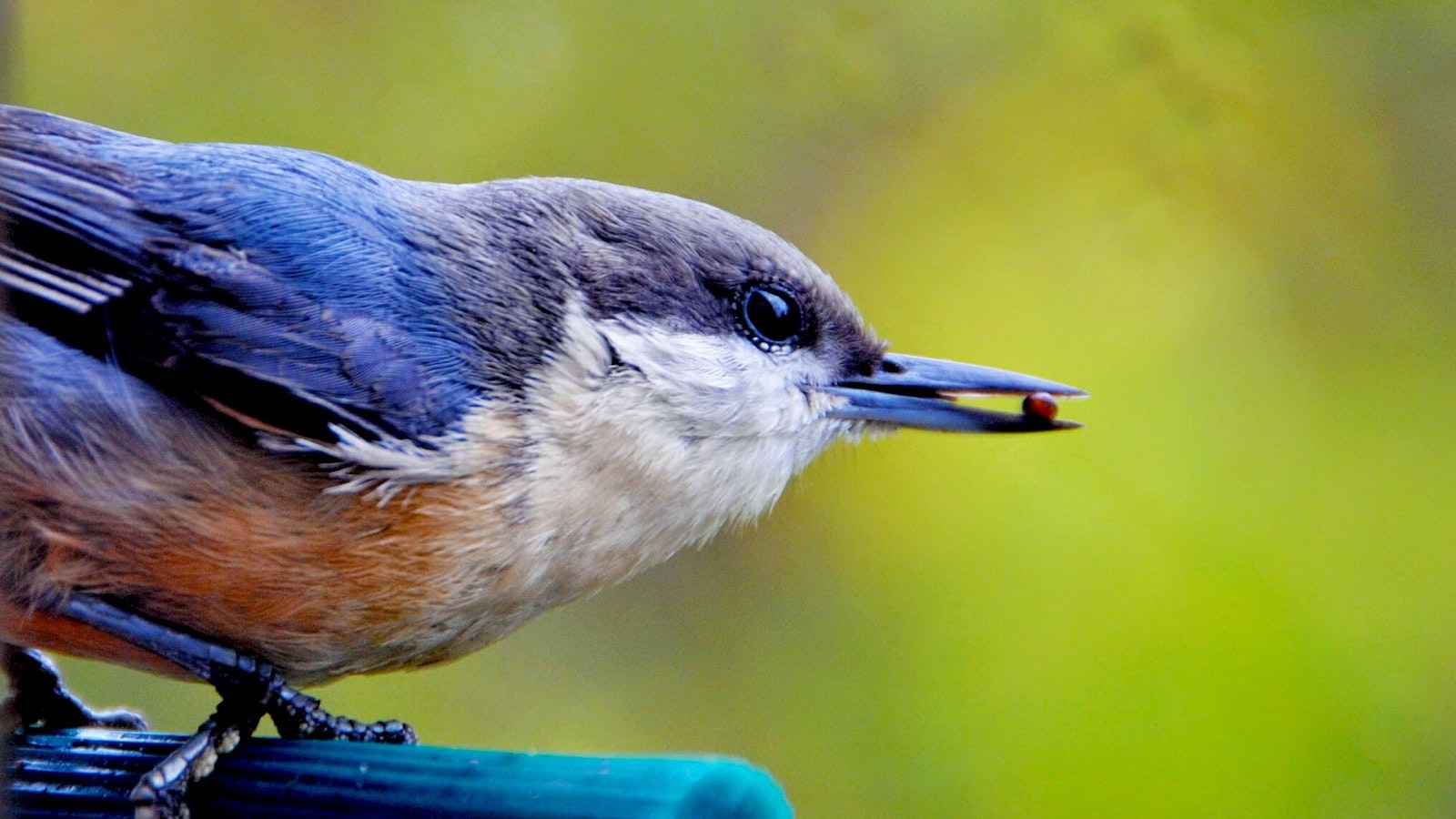
EPA report says pesticides endanger wildlife
